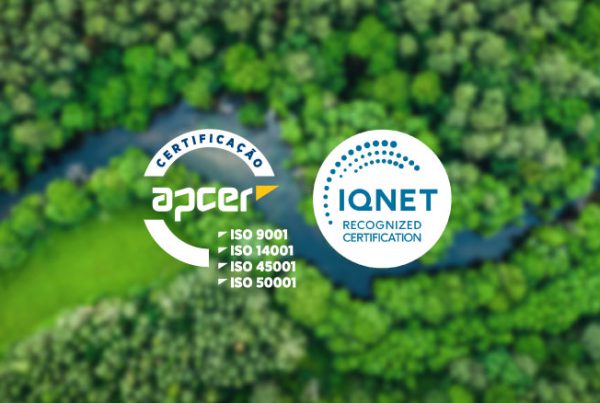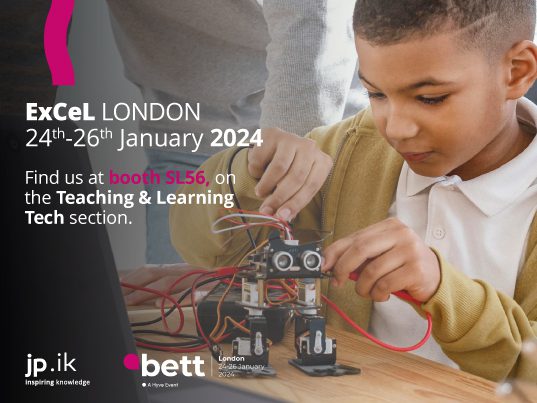In recent years the concepts motivate, influence, engage, empower integrate the goals that teachers want to achieve with their students, working with the purpose of contributing actively to the students' school success. Teachers understand the need to transform the classroom into an authentic learning experience.
In fact, creating an engaging learning experience enhances students’ engagement with knowledge, enhances positive interactions between teacher and students, and empowers students towards a successful academic and career path. Therefore, academics, educators, specialized companies and government agencies are working on the search for the most efficient solutions.
The importance of the facilitating role of technology in the access to information and the construction of knowledge is unavoidable. Every year the great trends for the most diverse areas of action are pointed out. In addition, in Education, experts point out the possible major trends with the potential to captivate students and engage them in the learning experience through relevant content.
For the next few years researchers are unanimous about a trend – gamification. Educational gamification promises to improve students’ attention because it aims to improve the assimilation of the most various contents and therefore is identified as one of the most powerful tools in the area of Education.
Gamification is based on the use of game logic applied in content transmission. Teachers have long been looking for playful method.
The great news is that it is possible to take advantage of the digital technology that students have access to as a means to build knowledge. Digital gamification activates parts of the brain directly connected to logical and deductive reasoning, improving motor coordination and spatiotemporal perception of students. In addition, evidence has been obtained that the gamification in education promotes better cognition and a greater integration of distinctive rules and narratives, optimizing the capacity for abstraction.
Another aspect is the evolution of the student’s role, from being a mere spectator of knowledge and becoming part of the construction of his knowledge. Moreover, these are key elements for the development of skills and abilities.
In short, the facilitator role of ICT in the construction of knowledge and its transversal character to the multiple areas of Life are indisputable. Now is the time to continue investing in the integration of technology in Education, combining it with methodologies and practices capable of making the construction of students’ knowledge and school success profitable.



